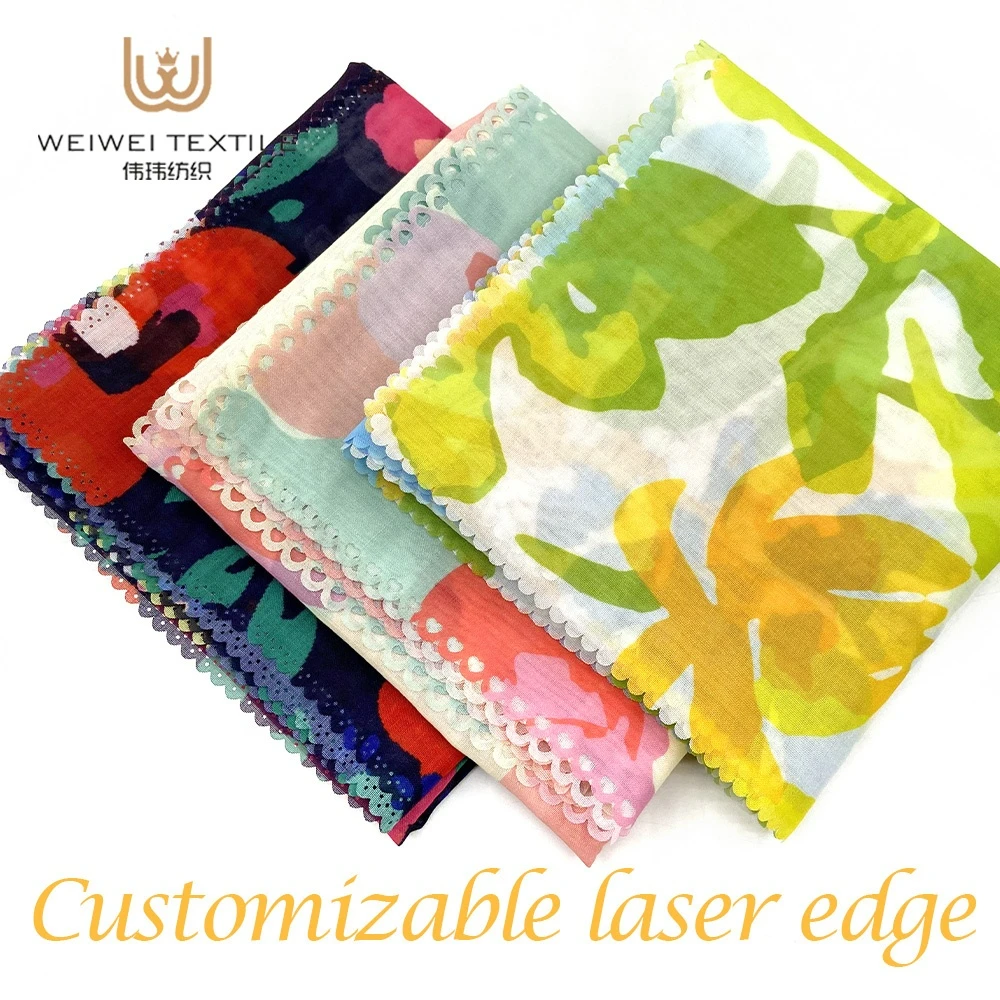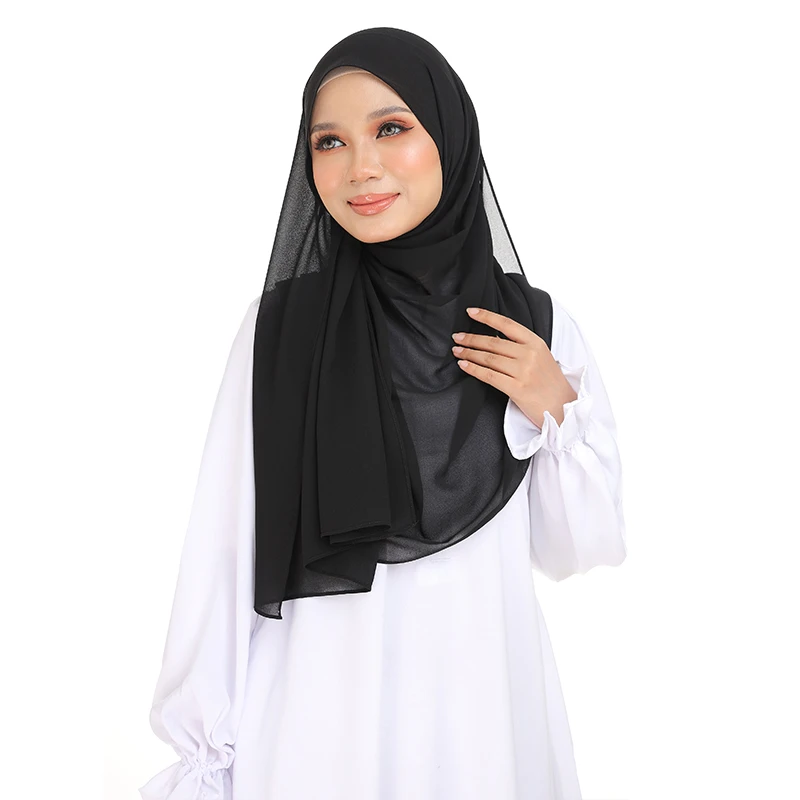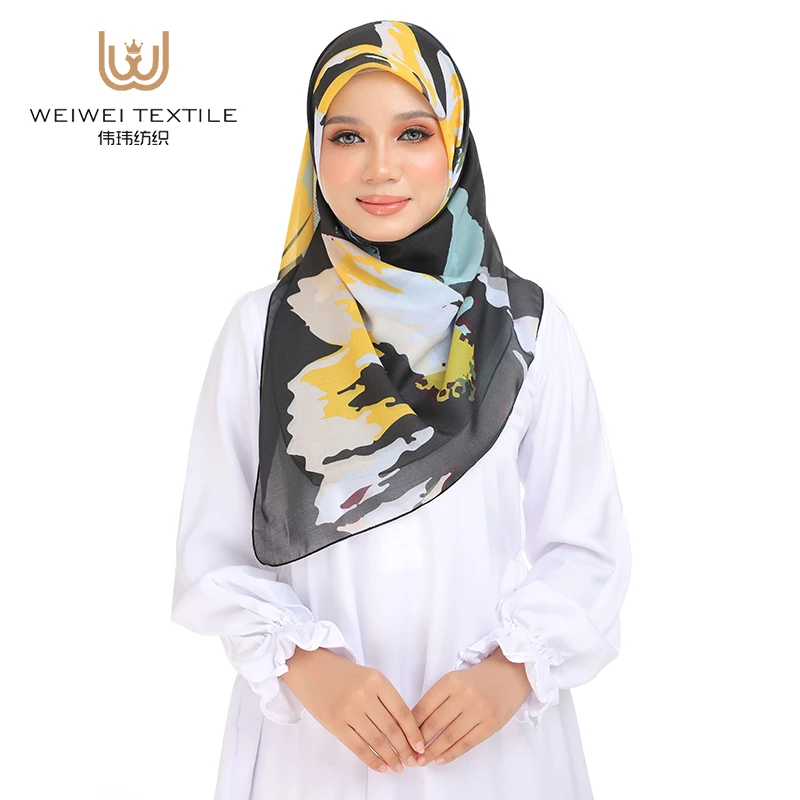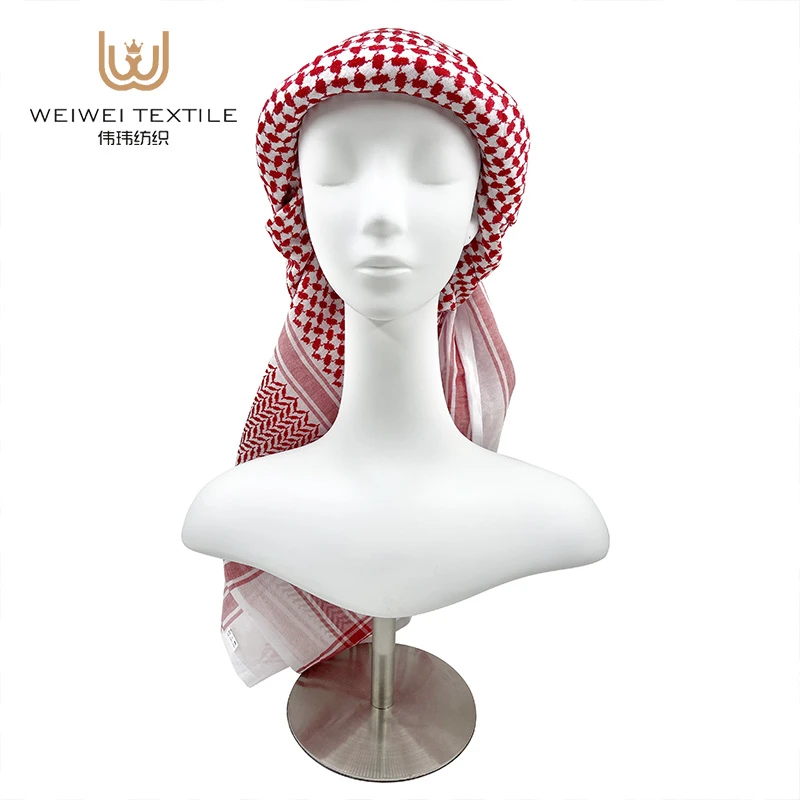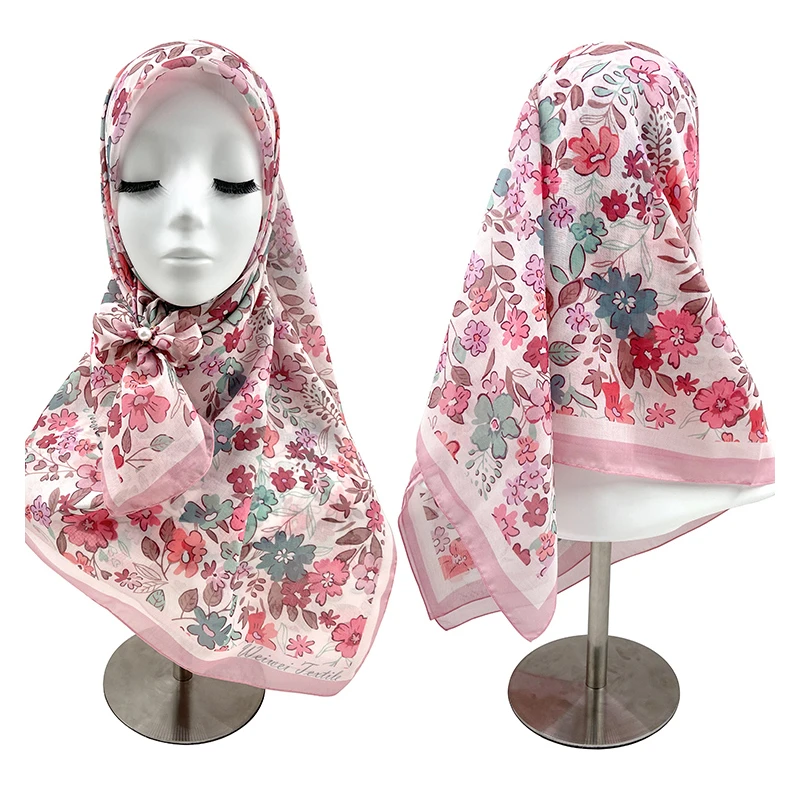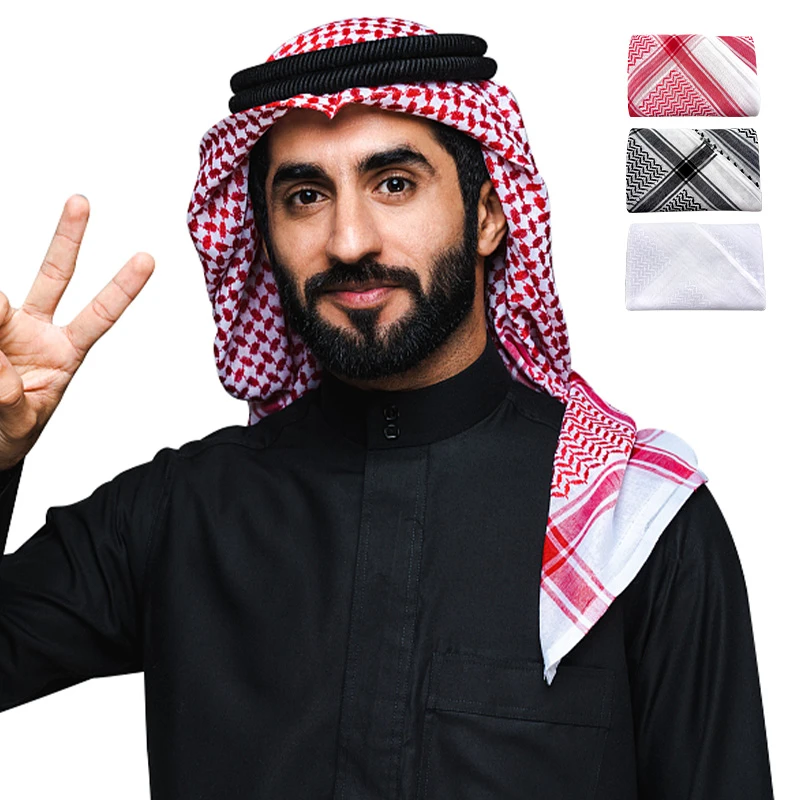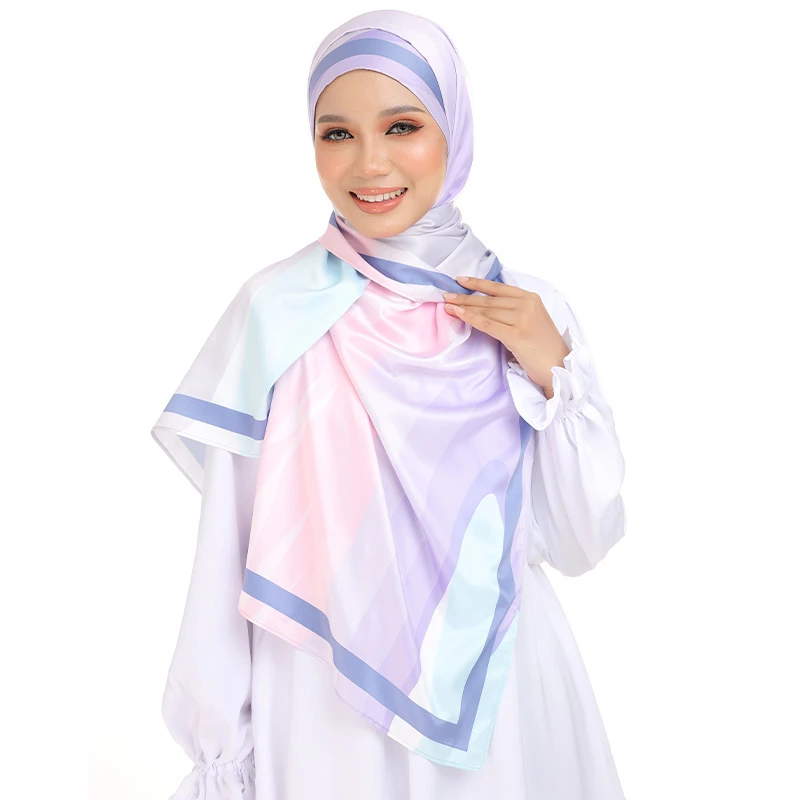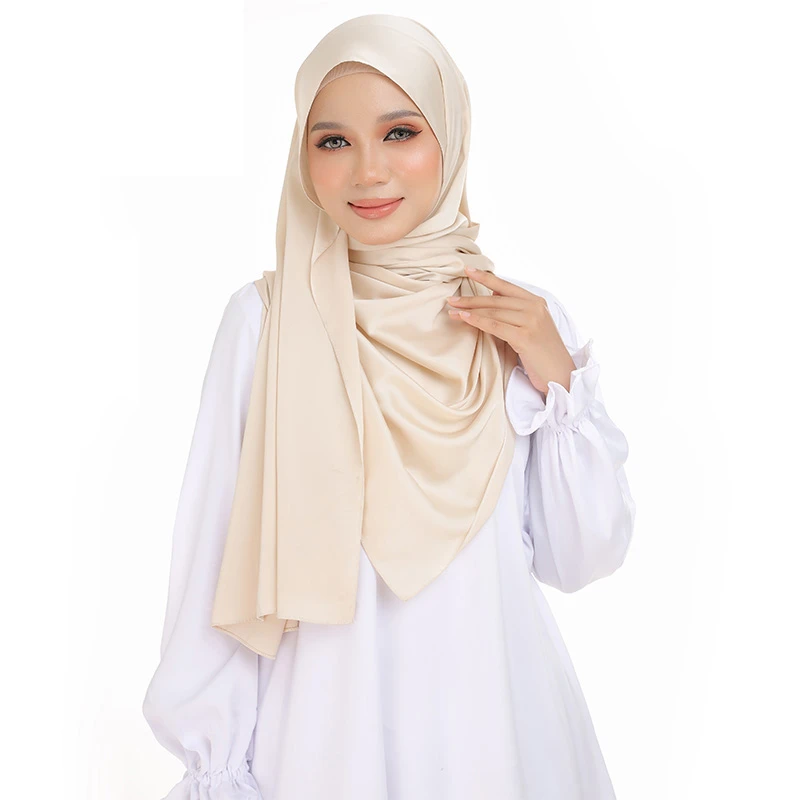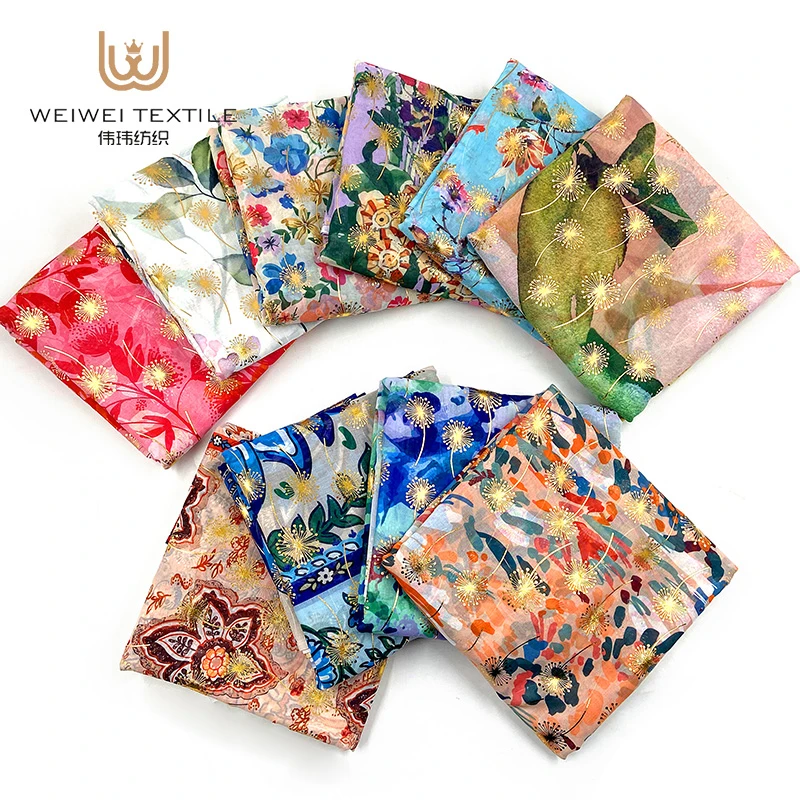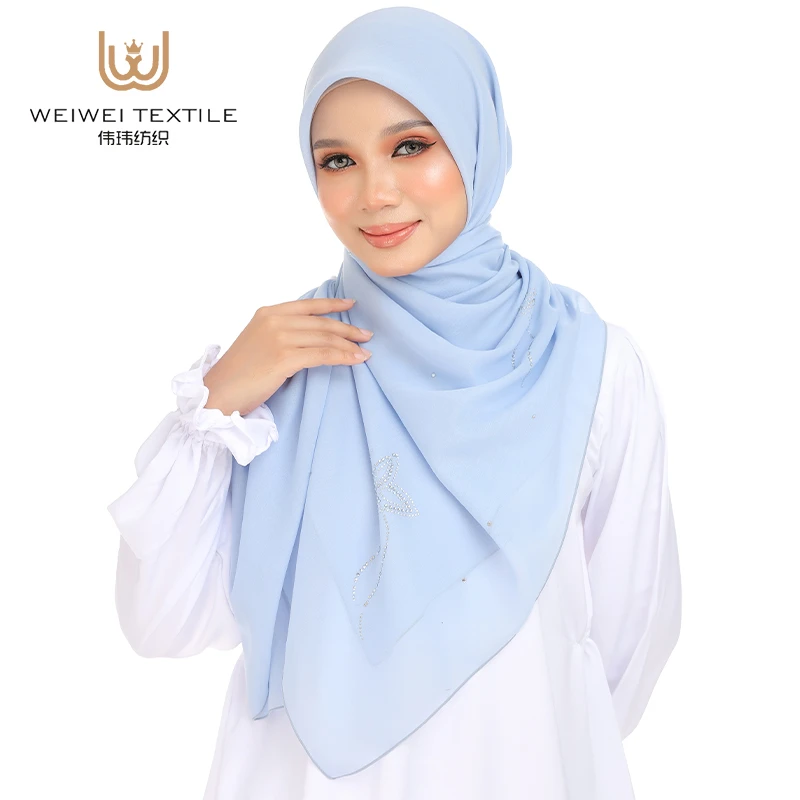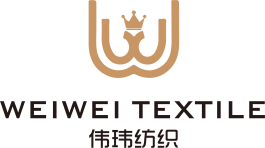Jan . 09, 2025 11:43 Back to list
scarf manufacturers
Finding the right scarf manufacturer can be a turning point for any fashion retailer or designer eyeing to carve a niche in the burgeoning accessories market. To truly excel, understanding the intricacies of the industry and choosing a manufacturer capable of meeting stringent demands while ensuring quality is non-negotiable. This article delves deep into the nuances of scarf manufacturing, offering insights sharpened by expertise and underpinned by trustworthiness.
Authoritativeness is another deciding factor that businesses mustn't overlook. A manufacturer recognized by industry standards and certifications signifies a high level of compliance with quality and safety norms. Manufacturers that possess memberships in relevant trade associations or have received industry accolades often have stringent quality controls, ensuring that products meet high standards consistently. Trustworthiness, though slightly intangible, can be gauged through a manufacturer's transparency in communication and operation. Manufacturers who offer clear channels for dialogue and are upfront about production processes, lead times, and potential challenges foster a strong collaborative environment. Additionally, those who produce samples, allow factory visits, or have glowing reviews from previous clients position themselves as trustworthy partners who are serious about building long-term relationships. Lastly, it is essential to consider a manufacturer's capability in terms of customization and scalability. The ability to produce custom designs as per specific requirements can significantly bolster a brand’s exclusivity and appeal. Furthermore, ensuring that the manufacturer can scale production according to demand changes without compromising on quality is vital for supporting business growth. In conclusion, the selection of a scarf manufacturer should be made considering their experience, expertise, authoritativeness, and trustworthiness. By carefully evaluating these aspects, businesses can ensure they collaborate with a manufacturer that not only meets but exceeds expectations in product quality, ethical practices, and market alignment. This synergy will pave the way for crafting products that resonate with consumers and thrive in the competitive fashion landscape.
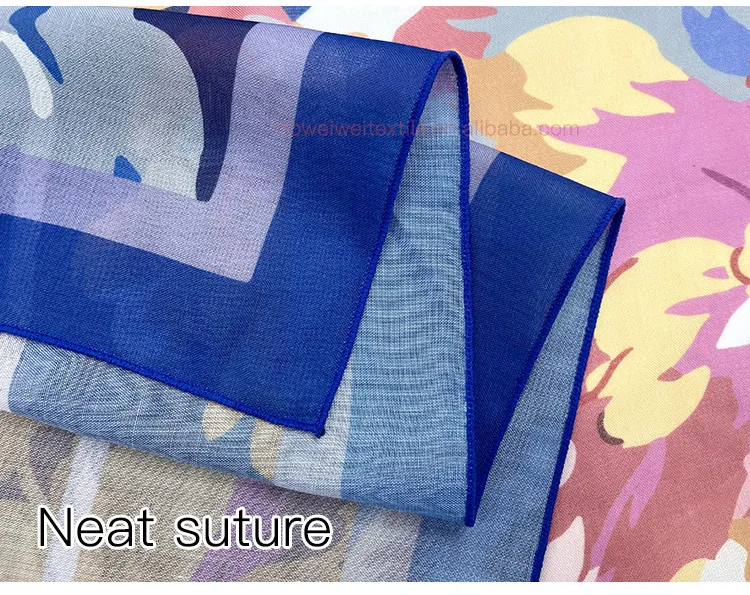
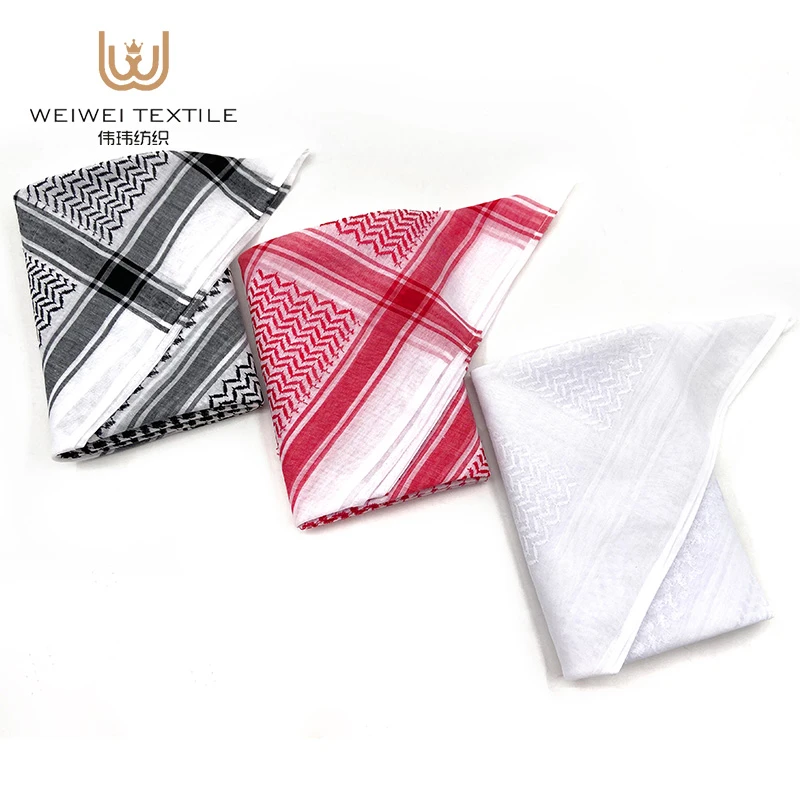
Authoritativeness is another deciding factor that businesses mustn't overlook. A manufacturer recognized by industry standards and certifications signifies a high level of compliance with quality and safety norms. Manufacturers that possess memberships in relevant trade associations or have received industry accolades often have stringent quality controls, ensuring that products meet high standards consistently. Trustworthiness, though slightly intangible, can be gauged through a manufacturer's transparency in communication and operation. Manufacturers who offer clear channels for dialogue and are upfront about production processes, lead times, and potential challenges foster a strong collaborative environment. Additionally, those who produce samples, allow factory visits, or have glowing reviews from previous clients position themselves as trustworthy partners who are serious about building long-term relationships. Lastly, it is essential to consider a manufacturer's capability in terms of customization and scalability. The ability to produce custom designs as per specific requirements can significantly bolster a brand’s exclusivity and appeal. Furthermore, ensuring that the manufacturer can scale production according to demand changes without compromising on quality is vital for supporting business growth. In conclusion, the selection of a scarf manufacturer should be made considering their experience, expertise, authoritativeness, and trustworthiness. By carefully evaluating these aspects, businesses can ensure they collaborate with a manufacturer that not only meets but exceeds expectations in product quality, ethical practices, and market alignment. This synergy will pave the way for crafting products that resonate with consumers and thrive in the competitive fashion landscape.
Perv:
Next:
Latest News
-
Traditional Tudung Designs in Malaysia
NewsJul.25,2025
-
The Spiritual Significance of Satin in Muslim Attire
NewsJul.25,2025
-
The Right Way to Wear Arab Scarves for Muslim Women
NewsJul.25,2025
-
Zikr Bead-Infused Cotton Voile for Continuous Remembrance
NewsJul.11,2025
-
The Cultural Significance of Tudung in Malaysia
NewsJul.11,2025
-
Satin Hijabs as an Expression of Faith in Daily Life
NewsJul.11,2025




